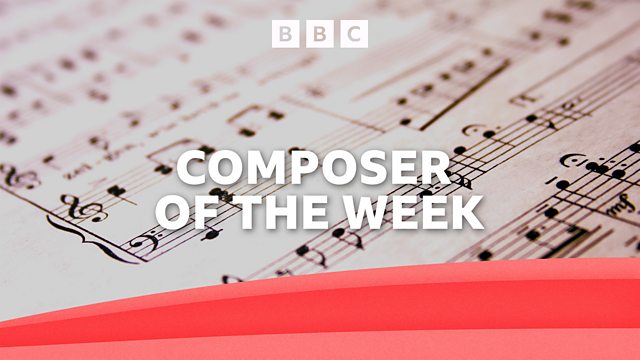
The Revolutionary
Donald Macleod charts Wagner’s revolutionary fervour and the fallout that changed his life.
Wagner’s dreams weren’t limited to music – he also imagined a new political order. Today, Donald Macleod explores Wagner’s involvement in the Dresden uprising of 1849, which led to his exile and a period of intense creative reflection. We hear how his radical ideas shaped both his politics and his operas, and how exile became a vessel for some of his greatest works.
Götterdämmerung, Act III: Siegfried’s Trauermarsch
Berlin Radio Symphony Orchestra
Marek Janowski, conductor
Die Feen, Act II: Weh uns, weh!; O musst du, Hoffnung, schwinden
Alfred Reiter (Feenkönig), bass
Frankfurter Opern und Museumorchester 
Sebastian Weigle, conductor
Piano Sonata in B-flat Major, WWV 21, Op. 1 (ii. Larghetto)
Pier Paolo Vincenzi, piano
Lohengrin, Act III: Prelude and Bridal Chorus
Cheryl Studer (Elsa), soprano
Siegfried Jerusalem (Lohengrin), tenor
Wiener Philharmoniker
Wiener Staatsopernchor
Claudio Abbado, conductor
Das Liebesverbot, Act 1: Kennst du das Leid der Elternlosen; Herbei, betrognes Volk
Frankfurter Opern und Museumorchester
Chor der Oper Frankfurt
Sebastian Weigle, conductor
Produced by Ellie Ajao for ÃÛÑ¿´«Ã½ Audio Wales and West.
On radio
Broadcast
- Tue 18 Nov 2025 16:00ÃÛÑ¿´«Ã½ Radio 3
Beethoven Unleashed – the box set
What was really wrong with Beethoven?
Composers A to Z
Who knew? Five eye-opening stories from Composer of the Week
Five reasons why we love Parry's Jerusalem
What is the strange power of Jerusalem which makes strong men weep?
A man out of time – why Parry's music and ideas were at odds with his image...
The composer of Jerusalem was very far from the conservative figure his image suggests.
Composer Help Page
Find resources and contacts for composers from within the classical music industry.




